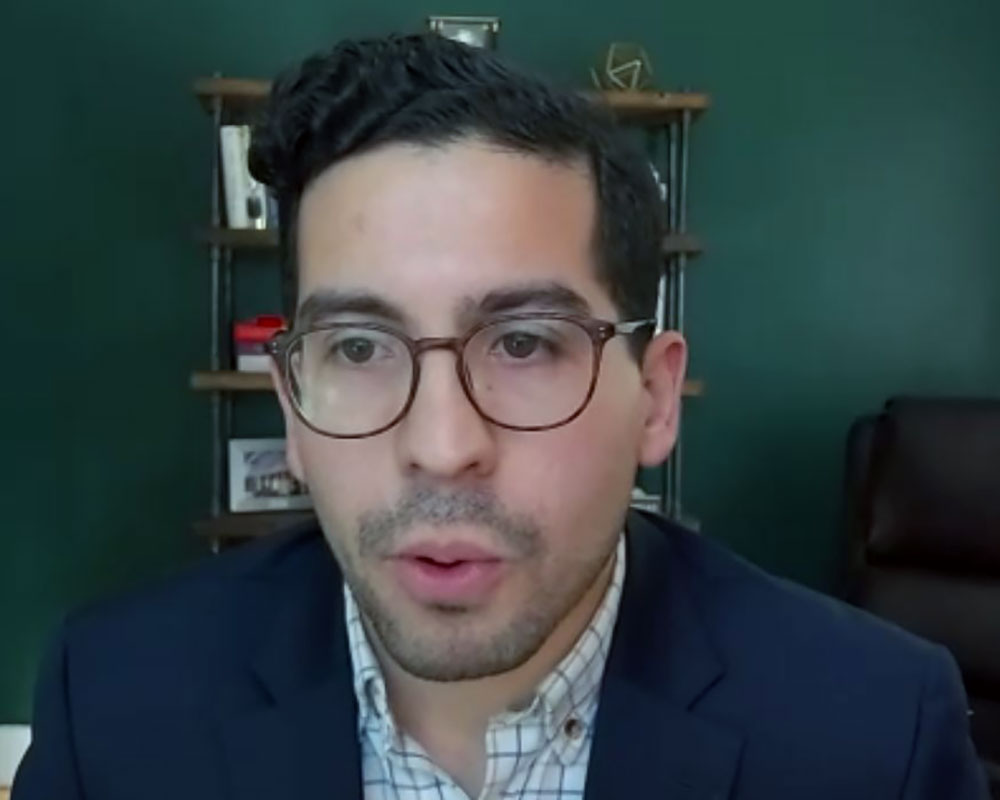Data suggesting little disparity in rates of parole denied to Blacks and Latinos as compared with white individuals may not tell the whole story.
Rep. Andy X. Vargas, co-chair of the Special Commission on Structural Racism in the Massachusetts Parole Process, told participants at an online legislative briefing last week specific information is needed.
“Based off these numbers strictly, we can’t say there is a direct disparity in parole. However, we make a concrete distinction between this data and further data that’s needed to highlight the disparities across similar offense types,” he said.
Vargas explained what information is needed to draw an accurate conclusion.
“This data can’t tell us the full picture because we don’t have comparisons across race that compare to the same offense that was committed by the person who is incarcerated,” he said.
The Haverhill representative said parole eligibility begins with sentencing, but “people of color are likely at a disadvantage as a result of that sentence.” He noted the number of minorities sent to prison is out of proportion with their percentage in the population.
“Black and brown lives are already disproportionately in the criminal justice system here in Massachusetts,” said Vargas.
As WHAV reported previously, the 13-member Commission, co-chaired by Sen. Sen. Jamie Eldridge, issued a 38-page report with 16 recommendations. These include phasing out or eliminating the $80 monthly supervision fee that parolees must pay, eliminating the $25 fee charged by the Registry of Motor Vehicles for a driver’s license, creating a tax incentive for employers to encourage hiring ex-offenders, allocating more money for transitional housing and expanding the parole board from seven to nine members with the requirement that at least three members have at least five years of experience in fields of psychiatry, psychology, social work or the treatment of substance use disorder.

Sen. Jamie Eldridge, an Acton Democrat, speaks during the online briefing.
Eldridge also noted the need for increased transparency, especially since many people who are denied parole never know the reason why. This would be helped by another Commission recommendation that all parole hearings be audio recorded and the recordings made available.
The Commission concluded other areas that should be studied are legal representation at non-lifer parole hearings, commutation deadlines, Medicaid inmate exclusion policy and caps on supervision of parolees with no violations.

